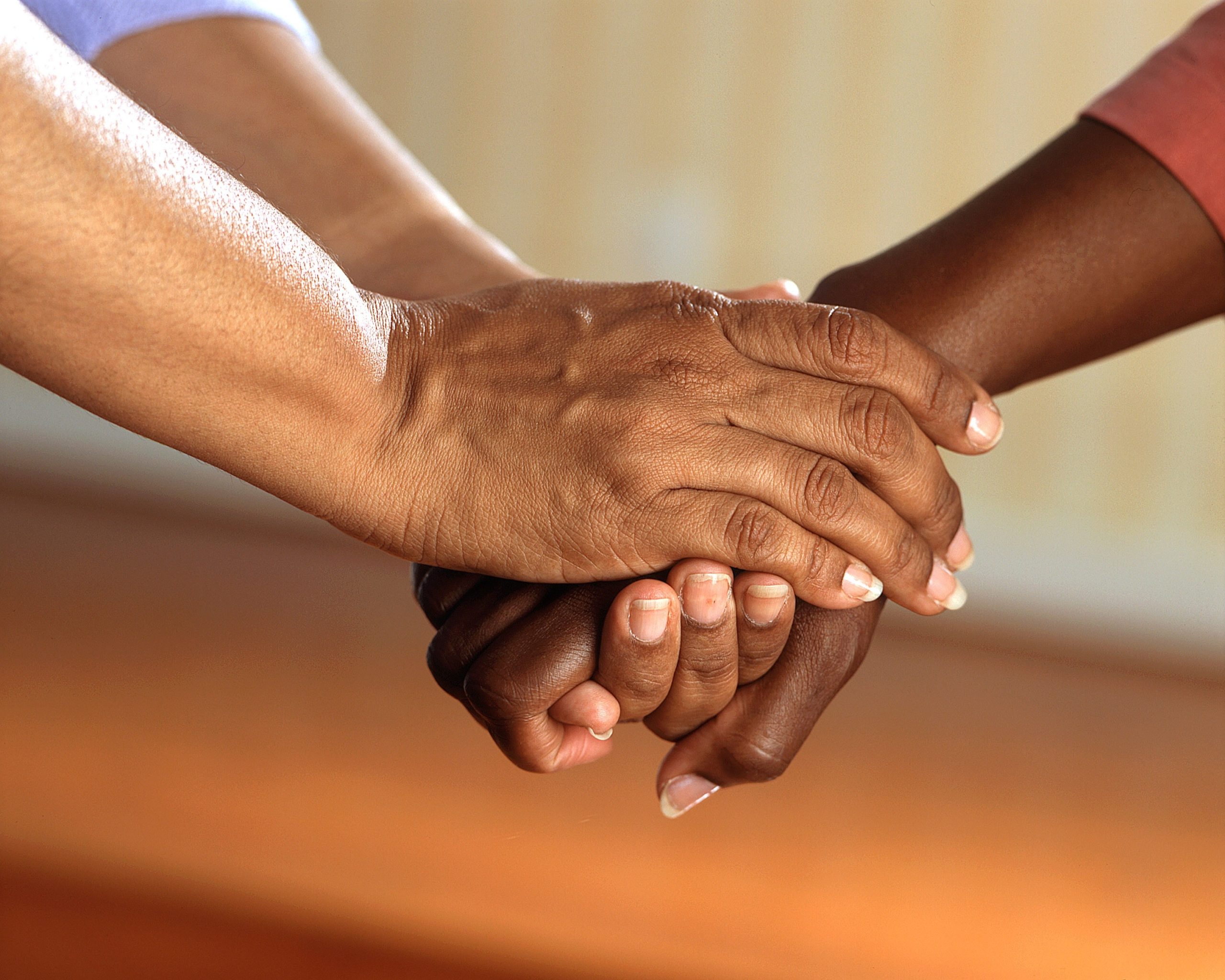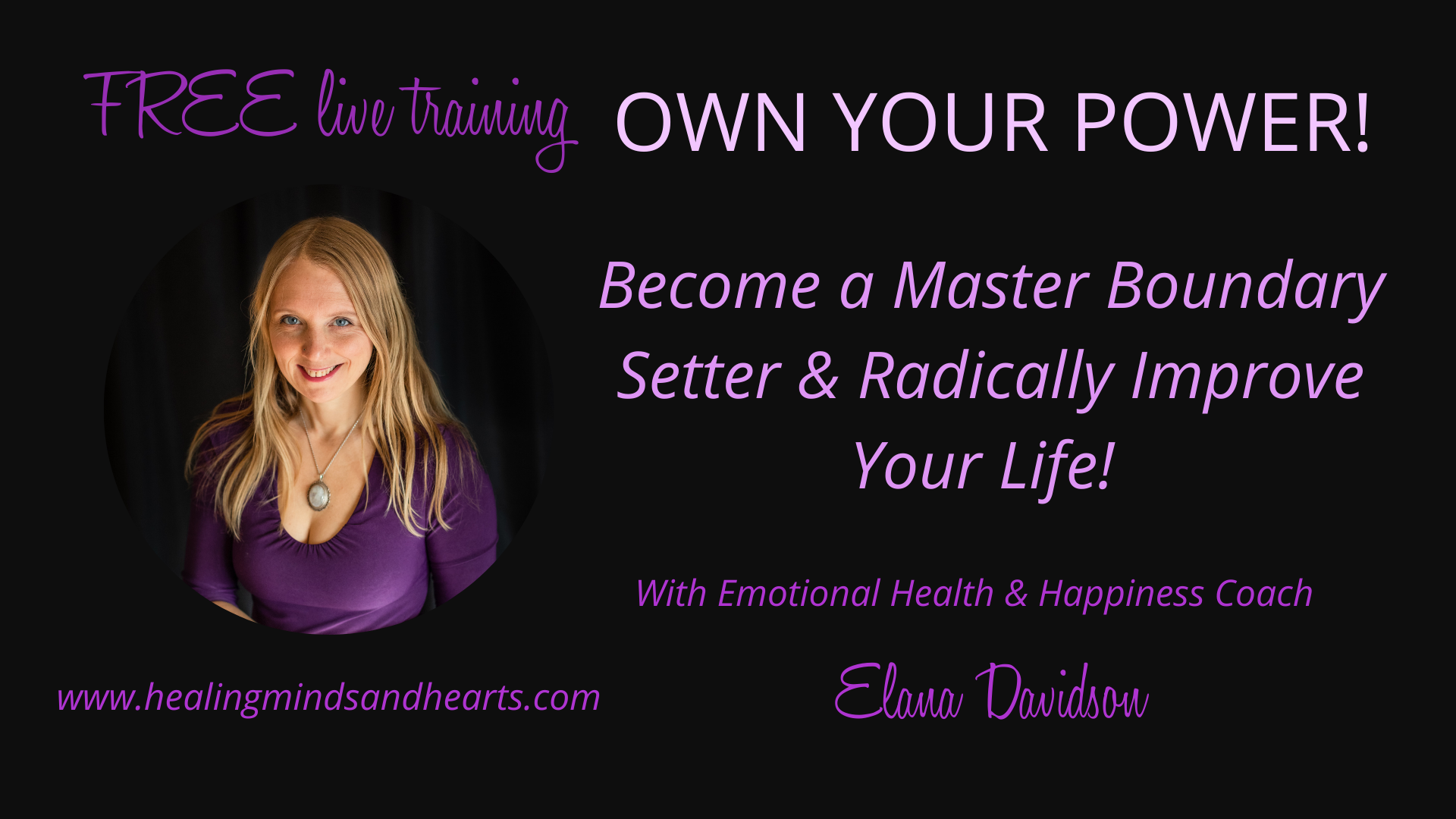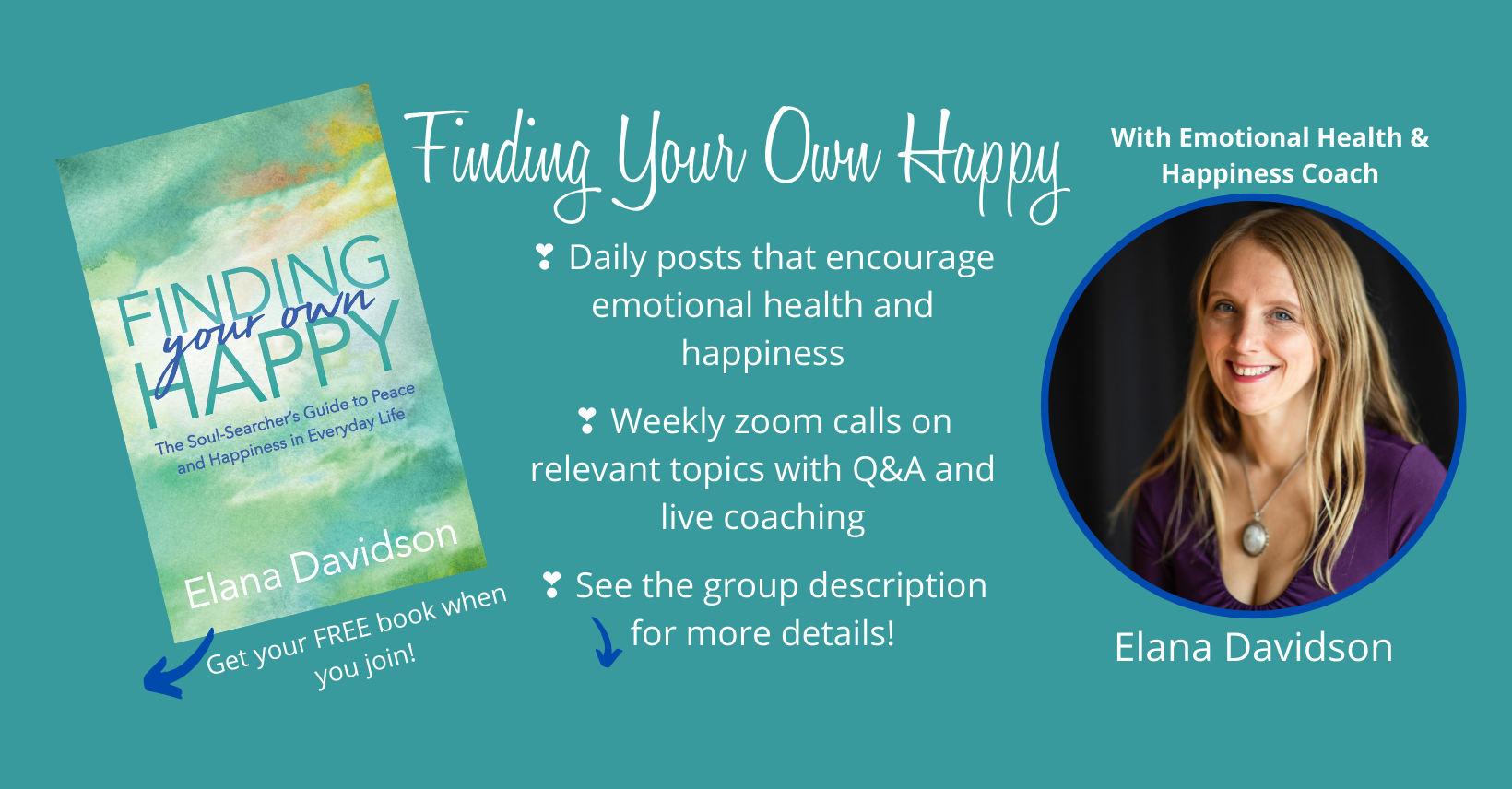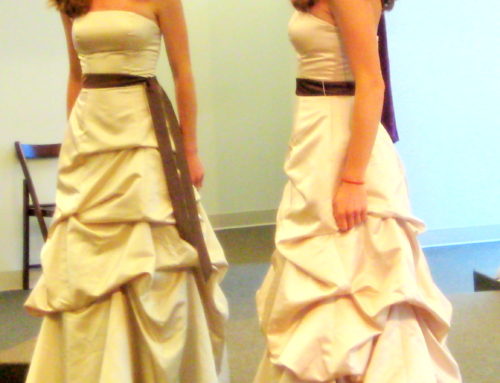People-Pleasing Archetypes and their Positive and Negative Qualities:
You might not think you’re a people-pleaser at first glance.
You see, people-pleasing can take a lot of different shapes and forms and show up in a lot of different ways.
Here are five Archetypal people-pleasing roles:
Rescuer:
Always trying to save other people, rescue people from their own poor decisions or crisis situations they find themselves in. The rescuer feels powerful, important, and needed and derives value from others distress… The main problem with this dynamic is that as soon as someone is no longer in need of rescuing, the rescuer is out of a job and the relationship often ends.
On the positive side, rescuers are the types of people that can show up at the right place at the right time with exactly what is needed to help someone or a situation to a better place. Healthy rescuing is not codependent and has no need to maintain the rescuer relationship and flows easily without attachment.
Martyr:
The martyr is always ready to sacrifice for the greater good or for the good of someone else they love, and often does not recognize the self-destructive nature of their choices, believing they are acting for the greater good… They will literally destroy themselves and their own lives believing they are in service of the greater good. They are willing to endure intense suffering if they believe it is ultimately for the greater good. Martyrs are like rescuers but more keenly convinced that their suffering is noble and that it will eventually pay off. Women who go to great lengths to save their relationships no matter the costs to themselves and their own lives often have this archetype. The sad truth is that only at the point that they have completely destroyed themselves and their own lives will they finally recognize that their sacrifice wasn’t enough.
On the positive side, martyrs are willing to die for the causes they wholeheartedly believe in and will give those causes 1001%. THey are dedicated to their values and principles and not easily swayed from their course. The test for the martyr is to understand and be committed to principles and values over people and situations and recognize when their self-sacrifice is just costing them and not tury for the greater good.
Caretaker:
Always want to take care of other people and derive their identity from the care they can provide. If someone doesn’t want or need their care in a given moment, it leaves them feeling rejected and abandoned, uncared for, and like they just don’t matter. Caretakers have made themselves valuable not by who they are but through what they can do for others often to the point that their caretaking becomes stiffening or smothering when someone needs less care than they did before and leads to feelings of rejection. Caretakers also have trouble having authentic relationships because they always have to be the givers and never allow themselves to genuinely receive.
On the positive side, care-takers are genuinely attentive to others’ needs and wellbeing and do genuinely wish to assist other people. Healthy care-taking can be incredibly loving and nurturing for a person genuinely in need of care. The challenge for the caretaker is to know when enough is enough, be aware and attentive to others needs for autonomy and independence and not take it personally when their offers of care are eventually and inevitably rejected.
Peacemaker:
Peacemakers as people-pleasers go to great lengths to keep the peace between people at any cost, even at cost to themselves. They are always agreeable, never wanting to rock the boat or say something that would make other people unhappy or upset. They often give up their own needs and wellbeing just to avoid conflict and make sure that everyone else is happy. Their well-being depends on maintaining the peace which often costs them their own needs, opinions authenticity, and truth.
On the positive side, peacemakers are great at seeing things from everyone’s points of view, Having a nuanced perspective of intersocial dynamics and patterns, and adapting themselves to any situation, fitting in and blending in. The task of the peacemaker becomes to hold these positive abilities and qualities without completely disappearing or giving up on themselves and their own truth just to make room for everybody else.
The Cheerleader:
Cheerleaders are determined to see the best in people and prove how much they love and support someone, are on their side, and cheering them on through thick and thin. They are the loyal friends who would never dream of abandoning someone, even when that person is using them, unkind or even cruel to them. They believe that if they see the best in this person, continue to believe in them, and cheer them on, they will be needed and appreciated and someday the person they are cheering on will finally appreciate them and see the good in them.
On the positive side cheerleaders are incredibly caring, loyal, and supportive friends, someone that you can count on to be there for you when you most need it. The task of the cheerleader becomes discerning who is truly deserving of their love and loyalty and to not give their life energy to people who can’t or don’t reciprocate in some way or truly appreciate and value their presence as a friend.
In which of these do you see aspects or pieces of yourself?
Do you see yourself in the dysfunctional aspect, the healthy aspect, or both?
How would your life be different if you were able to give up the unhealthy aspects and find your peace and balance?
Are you ready to truly transform your self-sacrificing and negative people pleasing into a true gift?
Are you ready to truly support yourself and your own life while still contributing to others (and not sacrificing yourself to do it?)
Check out this free class I taught on setting and maintaining healthy boundaries :







Leave A Comment